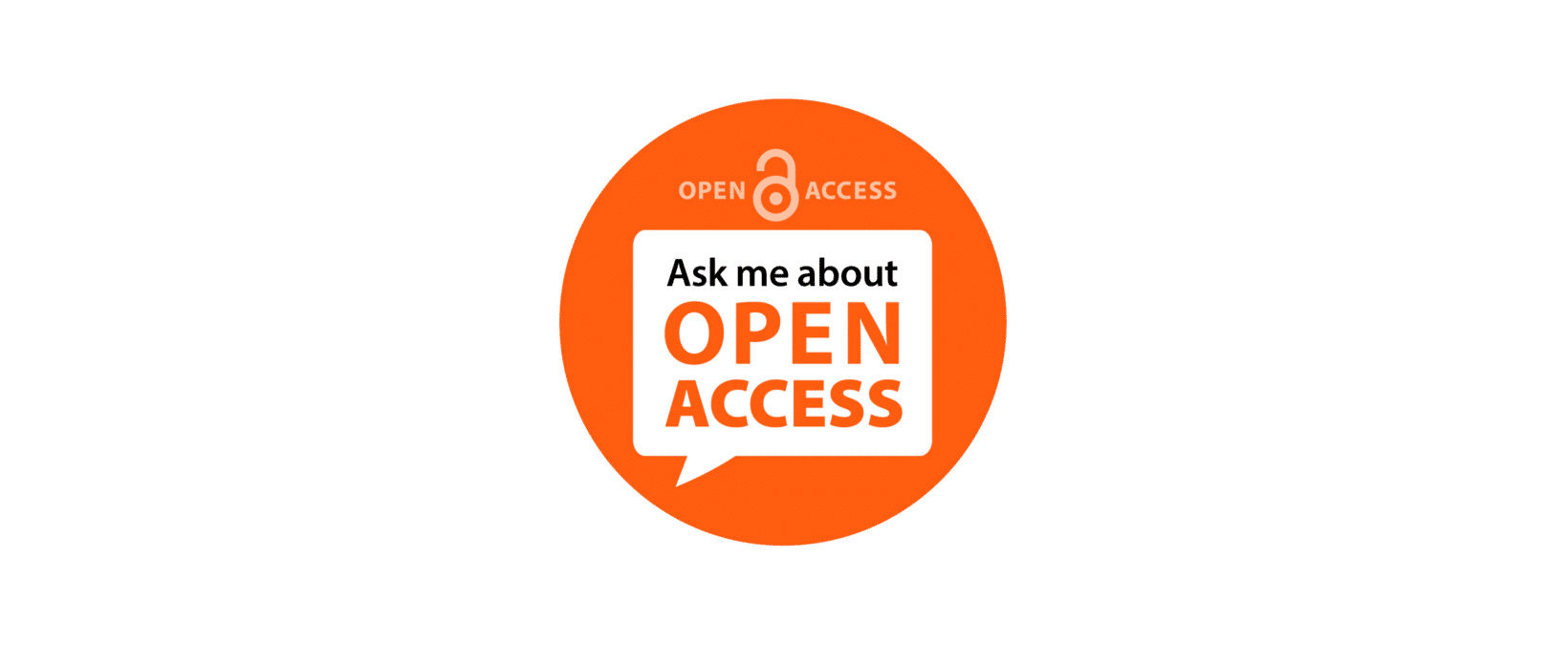
International open access week 2019 in a nutshell
Open science is a central part of the strategy of the Donner Institute. We believe that the knowledge we are part of creating should be freely available to researchers worldwide. Therefore, our scholarly publications are published as open access publications. We also encourage researchers funded by us to publish their results for free global distribution. By supporting and encouraging the open science ideals, both in the research we carry out and in the research we fund, we aim to contribute to developing a more responsible, fair and equal academic discussion that enables participation at a global level.
In addition to our own publication activities, DI also provides information services to students and researchers concerning other open access issues. Our information specialist Malin Fredriksson is a member of the ÅAU open science coach-program, and answers to questions on open science related to the study of religion and culture. The open science coaches assist their own environments in taking a few steps towards greater openness in science and research together with ÅAU’s team for Open Science and Research. If you have any questions about open access publishing or open science at large, do not hesitate to contact us.
The future of open access publishing is complex, and there are many different paths along which open access might develop in the future. You can watch Dr. Mikael Laakso’s lecture “A brief history and a look at the future of Open Access – or why progress in one of the most important revolutions in scientific communication has been so slow” here and the open science coaches’ interview session with him here.
During the international open access week, DI also compiled a three-step to-do-list for researchers on how to promote open access:
1. What can I do to promote open access, as an individual researcher?
The answer is: Parallel publish! Parallel publishing is green open access, often called self-archiving. This means that a publication, which has been published in a closed channel (subscription journal or print only) is also made openly available in an open archive or repository by the author.
It is free for the researcher and the organization and it meets the requirements of funders and the Ministry of Education and Culture, just like full open access publishing in an open access journal.
The policies of the majority of journals allow parallel publishing, but be careful with which version of the manuscript you are allowed to parallel publish! The information you provide will be checked and validated by librarians.
Please notice that academic social network services, such as Academia.edu and ResearchGate, do not fulfill the criteria for open access, although they may increase readership and promote collaborations.
ÅAU researchers, read here: http://libguides.abo.fi/openaccess_eng/parallelpublish. Researchers with other affiliations, check out instructions at your institution!
2. Do you have the feeling that your publications are floating around all over the internet, and neither you nor funders can keep track of them?
The international ORCID identifier (Open Researcher and Contributor ID) will provide you with a permanent and unique digital identifier. It’s a series of numbers that will distinguish you from other researchers and works as a link between you and your publications. Registering takes 30 seconds and is free of charge!
Use your ORCID like this:
• alongside the names of authors of scientific publications and other research output
• when peer reviewing
• to link various reference database IDs (ResearcherID, Scopus Author ID)
• on your own website or blog
• in your email signature, CV, and other services that handle information pertaining to your research
For more information and registering, check out https://tutkijatunniste.fi/ and https://orcid.org/
3. Do you have an article on the way, which could be published in an open access journal, but lack funding for the fee (APC=Article Processing Charge)? ÅAU pilots an APC-pool during the autumn 2019!
The researchers at ÅAU need to start publishing more open access, but gold open access often is not for free, and many affiliated researchers do not have access to funding for the APCs which the publishers charge instead of subscription or pay per view-fees.
To be granted funding, the article must be accepted for publication Dec. 31, 2019 at the latest (the last date for the payment to be recorded due to the external funding instrument requirements). It is possible to apply at the point of submission and have funding reserved, with waiting list evaluation on Dec. 15, 2019.
Application: https://survey.abo.fi/lomakkeet/11840/lomake.html
There are also opportunities for discounts on APCs when publishing in certain publishers’ journals:
http://libguides.abo.fi/openaccess_eng/apc
If you are not affiliated with ÅAU, check out information at your own university!